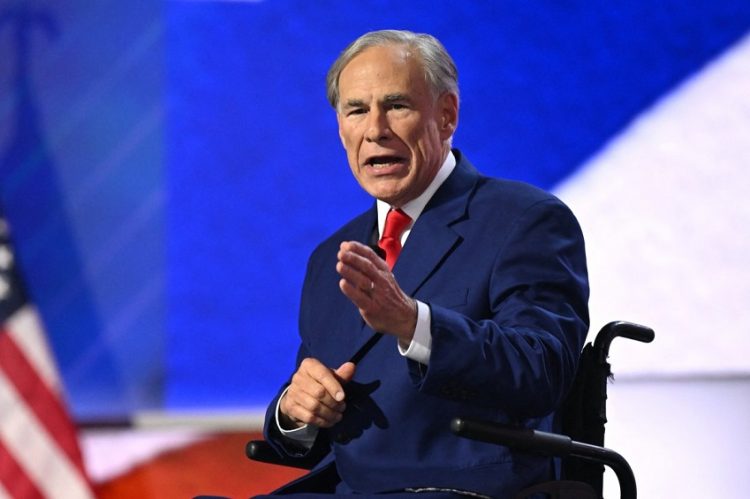Waco, TX – Recent executive orders issued by Texas Governor Greg Abbott, aimed at addressing national security concerns related to China, have caused anxiety and uncertainty among many of the state’s Chinese American population. While the orders are positioned as a protective measure for over 250,000 Chinese descendants living in Texas, the implications for these individuals—particularly those with family ties or business connections to China—are far-reaching and have stirred concerns about privacy, discrimination, and economic impacts.
The three orders, announced in late November, outline aggressive measures targeting China, including prohibitions on state agencies engaging with Chinese entities tied to the Chinese government, new restrictions on travel and exchanges, and the formation of a task force to safeguard Texas infrastructure from Chinese threats. One of the orders specifically directs state agencies to prevent employees from accepting gifts or conducting business with Chinese organizations, while another mandates that workers notify their employers before traveling to China for personal reasons and provide detailed reports upon their return.
For many Chinese Americans, these directives feel invasive and discriminatory. Wendy, a Texas state agency employee who asked to remain anonymous, expressed frustration over the new requirements. Having lived in the U.S. for many years, Wendy regularly visits family in China. She now faces the need to submit detailed reports about her travels and her activities while abroad, a step she finds both insulting and an infringement on her privacy. “It makes me feel untrusted,” Wendy said, adding that the situation has left her feeling both angry and fearful, prompting her to consider a career change to avoid the fallout from the new policies.
The executive orders have sparked significant backlash from legal experts and business analysts. The Houston-based Mosaic Paradigm Law Group described the measures as “flawed and short-sighted,” warning that they could have negative consequences for both Chinese businesses in Texas and local institutions. Chinese companies operating in the state will now face increased regulatory hurdles and compliance costs to ensure they align with the new rules. The law firm also pointed out that the prohibition of academic exchanges between Texas universities and Chinese institutions could stifle innovation and academic research, harming the state’s long-term economic and intellectual growth.
Moreover, the restriction on state employees traveling to China for personal reasons may discourage future interactions between Texas and China, further escalating tensions and reducing opportunities for bilateral cooperation. In a statement issued by China’s Foreign Ministry, spokeswoman Mao Ning condemned the orders as baseless and harmful to U.S.-China relations, urging U.S. officials to stop making “groundless accusations” and instead focus on fostering cooperation.
The concerns voiced by local Chinese Americans are part of a broader trend of growing anxiety among Asian communities across the U.S., as tensions between the U.S. and China continue to rise. While Abbott’s office insists that the measures are necessary to protect the state’s security and economic interests, many in the affected communities feel that these actions unfairly target individuals based on their ethnic or national background, rather than any proven wrongdoing.
As the situation continues to unfold, Texas’s Chinese American community faces a difficult path forward, uncertain about the future of their rights, careers, and connections to their homeland.











